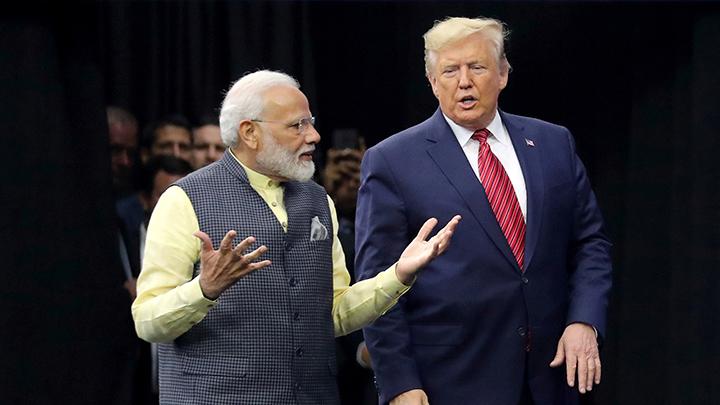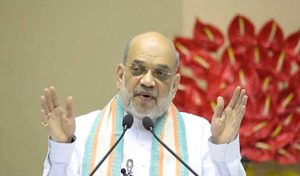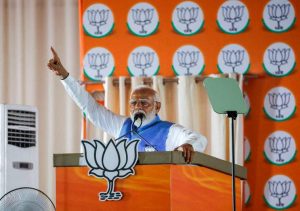WASHINGTON, Feb 12 — As Indian Prime Minister Narendra Modi prepares for his upcoming visit to Washington, he is making strategic moves to align with US President Donald Trump, offering key trade concessions and immigration cooperation to maintain strong bilateral ties.
For nearly three decades, US presidents from both parties have sought closer relations with India, viewing it as a crucial counterweight to China. However, Trump’s hardline stance on trade has repeatedly targeted India, which he has labeled the “biggest tariff abuser.” Since his return to the White House last month, Trump has wielded tariffs as a strategic tool, pressuring both allies and adversaries.
In an effort to ease tensions and preempt any backlash, India has reduced duties on high-end motorcycles, a significant gesture benefiting Harley-Davidson—an American brand that has long struggled to gain traction in India’s competitive market. The move is widely seen as an effort to appease Trump, who has previously voiced strong opinions on the issue.
“India has done its groundwork and taken proactive steps to create a positive atmosphere,” said Lisa Curtis, former South Asia director at the US National Security Council under Trump. “Modi is looking to avoid Trump’s ire and position India favorably in trade negotiations.”
Immigration: Aligning with Trump’s Priorities
Beyond trade, Modi has also aligned with Trump’s stringent immigration policies. While Latin American migrants dominate US immigration debates, India ranks as the third-largest source of undocumented immigrants, after Mexico and El Salvador.
A recent incident, where nearly 100 Indian migrants were deported from the US in shackles, sparked outrage in India. Protesters in New Delhi burned an effigy of Trump, while the opposition Congress party condemned the episode as a humiliation, accusing Modi of failing to stand up for Indian citizens.
Despite the backlash, Modi’s Hindu-nationalist government remains cooperative. His administration, which has taken a tough stance on undocumented migrants from Muslim-majority Bangladesh, appears willing to align with Trump’s broader crackdown on illegal immigration.
Rekindling Political Chemistry
Modi’s visit follows his participation in an artificial intelligence summit in Paris and marks his first meeting with Trump since the latter’s return to office. The Indian leader will be the fourth foreign dignitary to visit the White House under Trump’s new term, following the leaders of Israel, Japan, and Jordan.
During Trump’s first term, Modi skillfully cultivated a close relationship with him. The two leaders share populist political styles, with both emphasizing nationalist rhetoric and reshaping democratic norms to silence critics. Their bond was showcased in 2020, when Modi hosted Trump at the inauguration of the world’s largest cricket stadium—now named after Modi himself—in front of a roaring crowd of over 100,000 in Gujarat. That visit turned out to be Trump’s last foreign trip before the COVID-19 pandemic disrupted global travel.
“Modi and his advisors are keen to recreate the warmth of their past interactions, hoping to shield India from punitive trade actions and potential sanctions,” said Aparna Pande, a fellow at the Hudson Institute. “India remains one of the rare countries that enjoys bipartisan support in Washington.”
Navigating US-India Relations in the Trump Era
Under President Joe Biden, US-India relations continued to strengthen, particularly through the Quad—a strategic alliance involving the US, India, Japan, and Australia, aimed at countering China’s influence. However, Biden’s administration also issued subtle critiques of Modi’s handling of religious minorities and human rights.
Tensions briefly flared last year when US prosecutors accused India of attempting to assassinate a Sikh separatist with American citizenship in New York. While Biden privately warned India, Trump is unlikely to press the issue.
“India has learned from Biden’s response, and the matter is largely considered closed,” said Curtis. “The Trump administration is looking to move forward without revisiting past frictions.”
With India set to host the next Quad summit, Trump may soon find himself visiting India again. As Modi steps into the White House this week, his strategy is clear—reinforce ties with Trump and ensure India remains a key US partner, both economically and geopolitically.
— AFP







